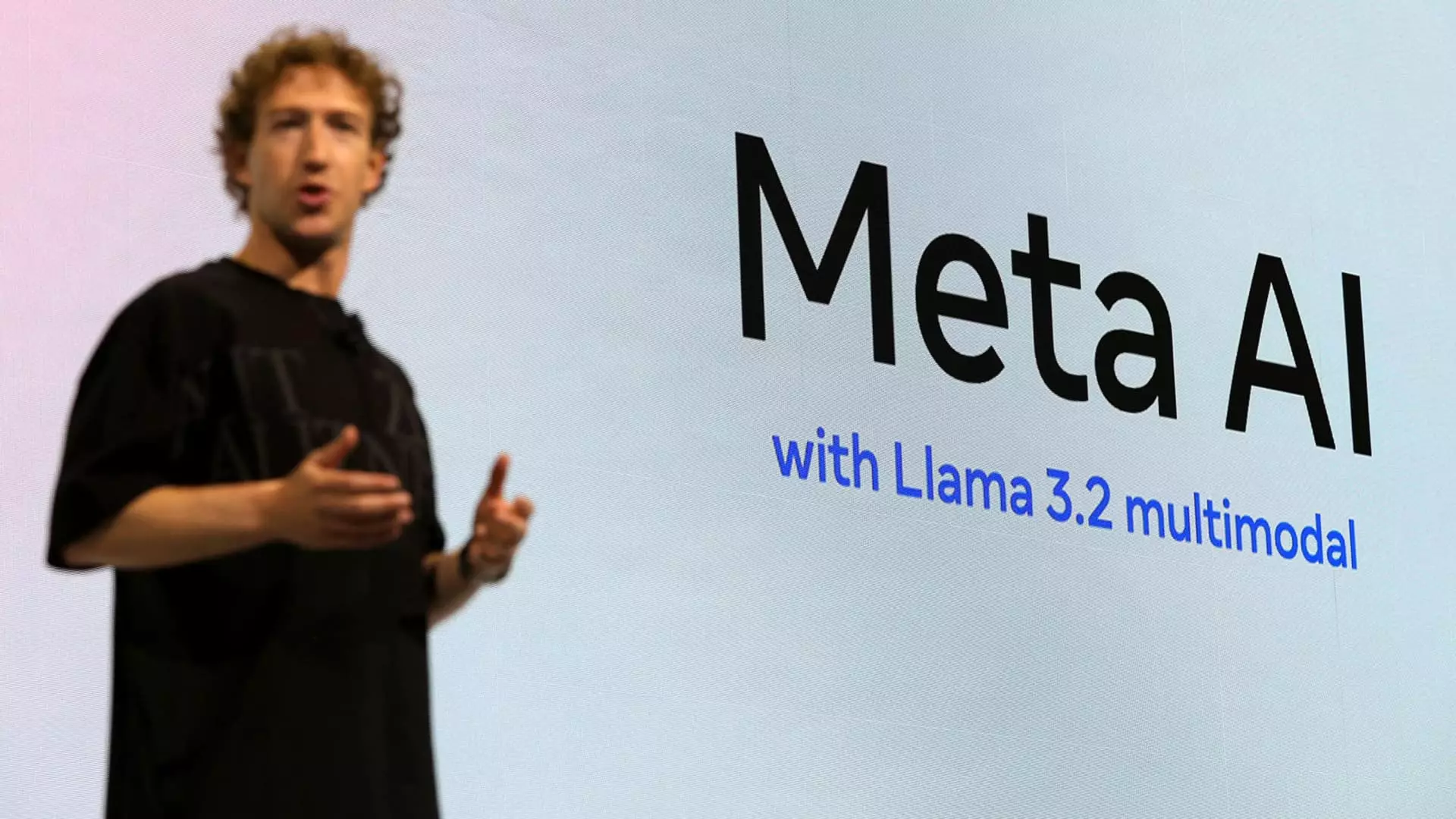In an increasingly digital age, the intersection of artificial intelligence (AI) and copyright law is ripe for conflict. Recently, U.S. District Judge Vince Chhabria ruled in favor of Meta in a case involving a group of thirteen authors, including high-profile figures like Sarah Silverman and Ta-Nehisi Coates. While the judge acknowledged that copying protected works without permission is typically illegal, he distinguished this case by emphasizing the transformative nature of Meta’s work with its Llama AI model. Such a ruling opens up complex questions about what constitutes fair use and the future of authors’ rights in the face of rapid technological advancements.
The prevailing sentiment from the court signals a shift for tech companies that utilize extensive textual databases to train AI models. While the fair use doctrine has always been a complicated legal area, this case exemplifies how courts are beginning to view the creation of AI as a transformative societal benefit. However, we must critically evaluate whether this ruling enables a dangerous precedent that disregards authorship rights.
Flaws in the Plaintiffs’ Argument
Judge Chhabria characterized the plaintiffs’ arguments as “half-hearted,” stating that they failed to convincingly demonstrate how Meta’s practices harmed the market for their works. While it’s disheartening to see authors struggle to assert their rights, the judge’s assessment raises troubling concerns. Are the standards for proving “market harm” becoming unreasonably stringent? The authors involved, regardless of their success in this case, are part of a larger conversation about who controls intellectual property in the digital age.
It is concerning that an array of factors—from declining book sales to the proliferation of AI-generated content—are ignored in favor of a rigid legal interpretation. In the fast-paced tech landscape, the nuances of how AI impacts both the literary and cultural economy are critically ignored. To argue that Meta’s practices pose no significant threat to established markets lacks depth and fails to take into account the cultural ramifications of such technologies.
The Ethical Implications of ‘Fair Use’
Undeniably, fair use serves as a necessary framework for the innovation we see in AI technologies. However, the ruling’s implications extend far beyond mere legalities; they touch upon the ethical dimension of creators’ rights. Meta’s argument hinges on the idea that preventing the use of copyrighted texts would stall the advancement of AI. Judge Chhabria dismissed this notion as “nonsense,” yet the idea that technological progress justifies potential exploitation of authors’ rights is a murky ethical ground.
The dilemma we face is not merely about legal frameworks; it encompasses our societal values. By endorsing practices that can be perceived as opportunistic, we risk silencing authentic voices and creative expressions that define art. Writers, poets, and thinkers pour their souls into texts that deserve respect and acknowledgment, and simply codifying AI’s “transformative” qualities cannot override that moral responsibility.
The Future of Copyright Laws and AI Development
Chhabria’s ruling leaves room for future lawsuits, signifying that while Meta may have emerged victorious for now, the battle over copyright in AI is far from over. Authors and creators must remain vigilant in this evolving landscape. For many, this case serves as a wake-up call: protection of intellectual property should not be contingent upon the ability to prove market harm in a shifting paradigm that favors technological innovation.
As we embrace the rise of AI, we must also advocate for a balanced approach that honors the rights of creators. The complexity of this duality raises more questions than answers. Can we truly celebrate AI as a transformative tool while simultaneously protecting the individuals whose works fuel its intelligence? The activity of the courts and the push for legislation surrounding copyright law will reveal much about how society values creativity and innovation moving forward.
A Call to Action for Creative Rights
In light of these developments, it is imperative that we foster a culture that emphasizes the importance of creators’ rights and ethical considerations in technological advancements. As consumers of content, we have a duty to support artists and authors whose works enrich our lives. Advocating for clearer, fairer copyright laws will empower creators and ensure that their contributions are not overshadowed by the relentless march of technology.
In the end, the implications of this ruling resonate far beyond Meta and the thirteen authors. It challenges us to think critically about the values we uphold in the digital age and to consider how we can protect the voices that fuel our cultural tapestry.

